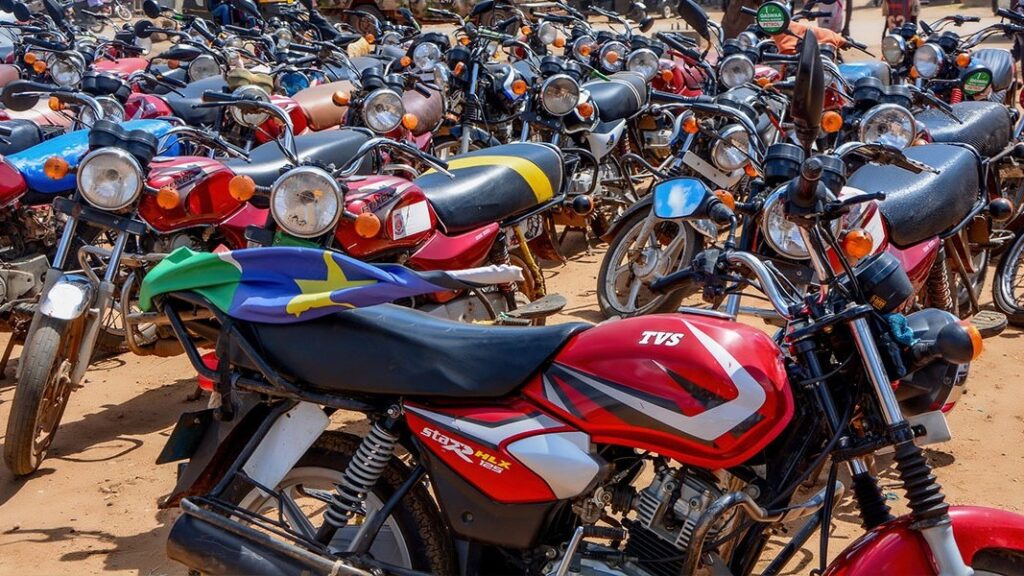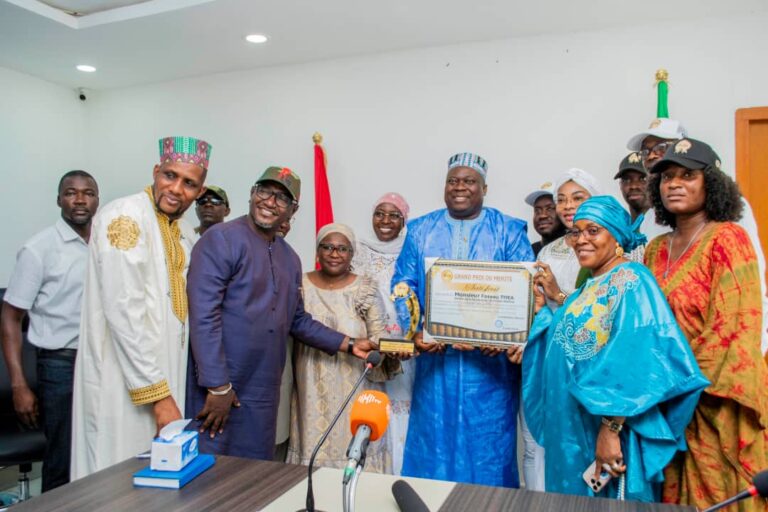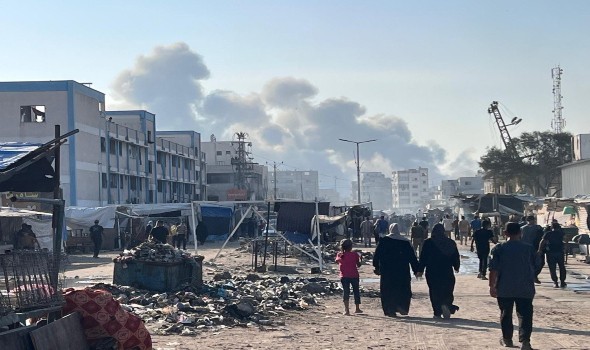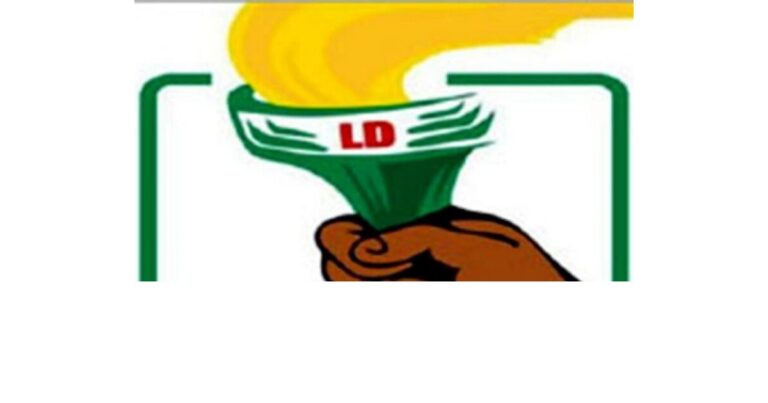
KUAJOK – Traffic police in Twic County have issued a one-week ultimatum to motorcycle taxi operators (boda-boda riders) and other vehicle owners to ensure their vehicles are licensed, warning that failure to comply will attract penalties.
Colonel Kur Majok Arop, the County Traffic Police Chief, said the initiative aims to curb vehicle theft and reduce road accidents, which he linked to the use of unregistered vehicles.
“We have given a one-week period for vehicle owners to register their machines. The order is strict, and anyone who fails to comply will face the consequences,” Arop warned.
He added that the licensing exercise is a standard procedure under the national police service and is part of efforts to maintain law and order.
“We need to keep people informed about the law and ensure they operate within it. We understand many of our people are struggling financially, but they must remain law-abiding citizens,” he emphasized.
According to Col. Arop, the registration fee for motorcycles and other small vehicles is 300,000 South Sudanese Pounds (SSP). However, the announcement has sparked discontent among boda-boda riders, who say the directive is too abrupt and unrealistic given the current economic hardships.
A rider who identified himself only as John said most operators live hand-to-mouth and cannot afford the fee within such a short timeframe.
“The announcement is too rushed. We don’t have access to money easily. We survive on what we earn daily from passengers, which barely covers our food. Charging us that much for licenses is unfair,” he said.
Another rider, Deng, echoed similar concerns, citing delayed government salary payments and the high cost of living.
“People don’t have money now. Even civil servants haven’t been paid for months. Where do they expect us to get 300,000 SSP for licenses? This is an unrealistic way to raise money,” he complained.
Last month, authorities in Northern Bahr el Ghazal State impounded more than 100 unlicensed vehicles in a similar operation. Some residents alleged that certain officers colluded with vehicle owners to bypass the registration process, further fueling public mistrust.
With South Sudan’s economic challenges deepening, many citizens believe such enforcement drives are increasingly being used by authorities as a means to extract money from struggling communities rather than to promote public safety.












